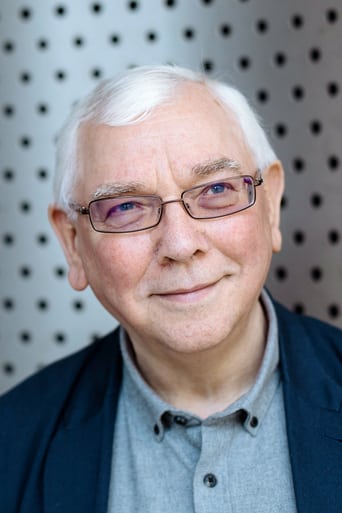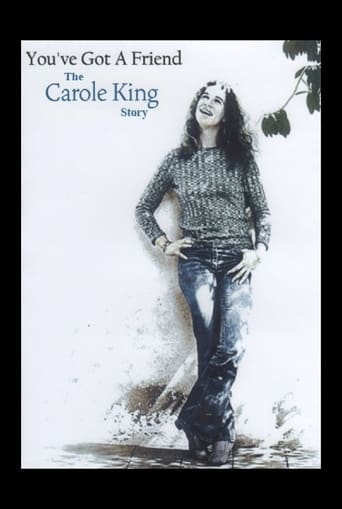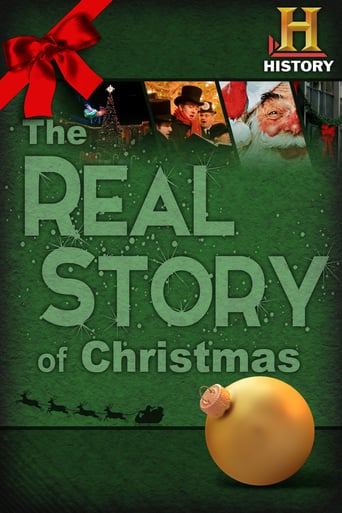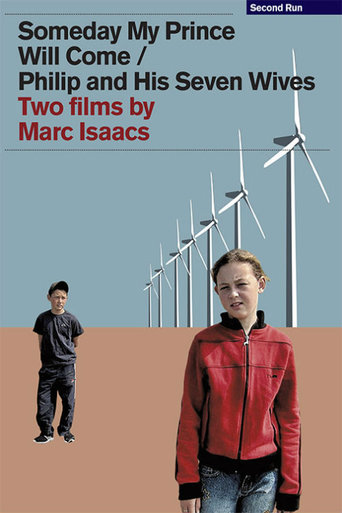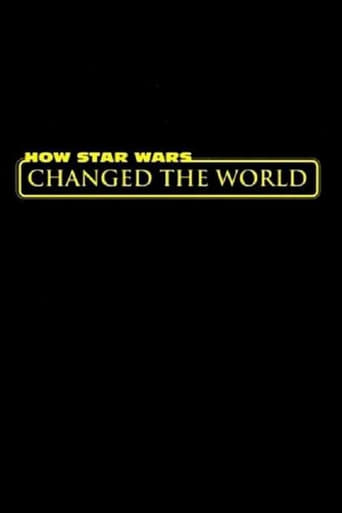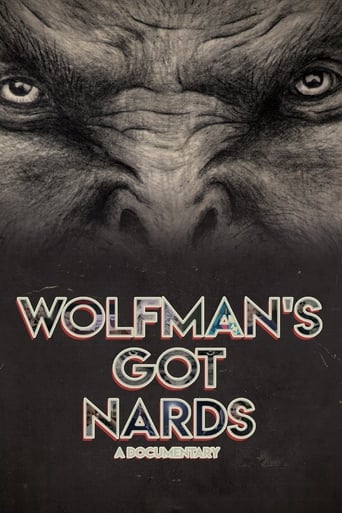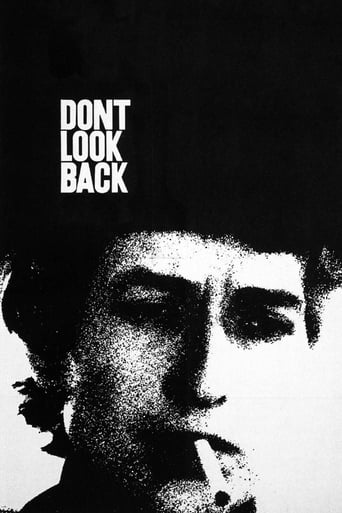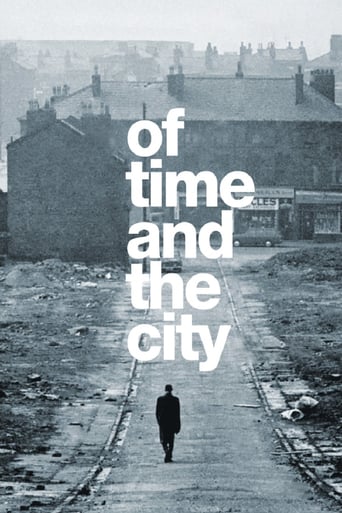
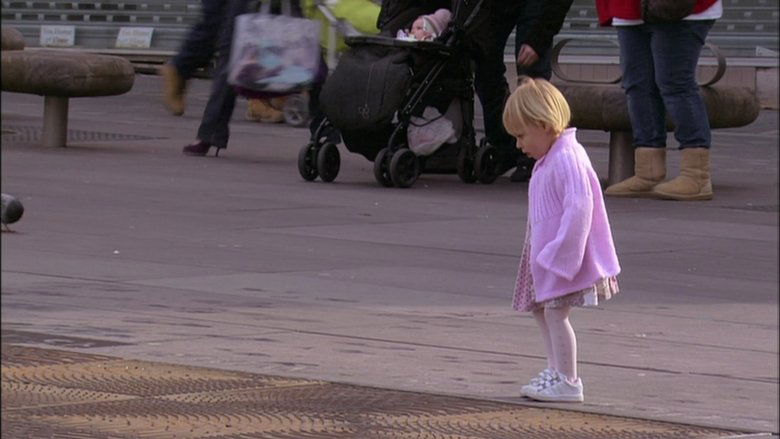
Of Time and the City (2008)
British director Terence Davies reflects on his birthplace of Liverpool - his memories of growing up there and how it has changed in the years since - in the process meditating on the internal struggles and conflicts that have wracked him throughout his life and the history of England during the second half of the 20th century.
Watch Trailer
Cast
Similar titles

Reviews
I don't have all the words right now but this film is a work of art.
Did you people see the same film I saw?
Fanciful, disturbing, and wildly original, it announces the arrival of a fresh, bold voice in American cinema.
This is one of the few movies I've ever seen where the whole audience broke into spontaneous, loud applause a third of the way in.
This is billed as a documentary about post WWII Liverpool, but it is primarily autobiographical musings from director Davies who grew up in Liverpool in the 1950s. He has stitched together here archival footage, newsreels, amateur video, music, narration, quotes, and his own cinematic work to form an affecting whole. The movie has a melancholy cast to it, thinking of how time erases places and people. Davies comments, "But where, oh, where are you, the Liverpool I knew and loved? Where have you gone without me? And now I am an alien in my own land." The images presented from the early times make life look difficult, but there is an authenticity to them. This was encapsulated for me in Davies' comment about sports being played at a time before the athletes punched the air in victory.Davies has little truck with the public housing towers populating the City, commenting on municipal architecture as being dispiriting, illustrating "the British genius for evoking the dismal." He has strong opinions, often dished out as cynicism with a touch of humor. He refers to the British royalty of the time as the Betty Windsor show and Elizabeth and her husband as Betty and Phil. He refers to a Cardinal's new robes as the Vatican's answer to Schiaparelli. The Catholic Church comes in for some heavy criticism, in no small part because of the misery its position on homosexuality caused him. He came to view his time spent in prayer (until his knees bled he says) as wasted, proclaiming himself to be a born again atheist.Davies has real genius for matching music with image, often for ironic effect. The score ranges from popular hits, like The Spinners version of "Dirty Old Town" and the Hollies version of "He Ain't Heavy, He's My Brother," to the haunting choral piece "Privagheati si va rugati" by Branesti, the lush "Concertino for Guitar" by Bacarisse, and Mahler's Resurrection Symphony. The musical accompaniment is what raises this film above the ordinary--if someone does not appreciate that, then he will probably not much appreciate the film.Much of the film is in black and white and rather downbeat. However, early on there are scenes of current Liverpool buildings filmed in color that use inspiring camera work, together with Handel's Water music, to create a positive image. The final scenes depict some of the stately statuary and majestic architecture of the City. The penultimate scene of the City skyline at the base of a rainbow, appropriately accompanied by Mahler's Resurrection Symphony, has the film ending on a somewhat upbeat note.Davies intersperses quotes from famous people along the way, some of which he credits, but many he does not, like quotes from T.S. Eliot and Emily Dickinson. I was left wondering what was original with Davies. He has a good voice and narrates effectively.Describing this film in words does disservice to it, it is like describing what a poem is about rather than experiencing the poem for yourself.
This film is a subjective essay, and if you like the Church, the Pope, and the Queen and enjoy a stereotypical view of a green and pleasant post-war Britain, then it probably isn't for you. The realities of slum terraces and the tenement blocks that replaced them are here refreshingly and honestly celebrated by someone with the wit and wisdom to look beneath the usual, superficial glazing of nostalgia that makes some people think that we're living in a Britain now that is broken in comparison to the good old days. The truth is exposed time and time again through these images, and the accompanying words and music. It covers the period from the time when polishing the doorstep was a back-breaking social necessity, up to the 1980's by which time the poor in Britain's cities were expunged of any remaining dregs of social interaction and when the new tenements - built to replace the slums - were already falling into slums themselves. In focusing on one city, and one set of memories, the film successfully captures an essence of place that goes beyond Liverpool. Its subheading is "a love song and a eulogy", but this simply conveys the way in which this film evokes emotion. In truth, this 'visual symphony of rhythmic images' is nothing less than a stunning work of art.
Terence Davies's documentary "Of Time and the City" should be considered as more of a cinematic poem. This can be a very irritating thing, and Davies does not make it all the way through the film without falling into self-indulgence. However, he does construct a quite beautiful piece of cinema.This is flawless in areas. Davies's selection of music and images is impeccable, and his voice is a delight to listen to. As a result, a number of sequences are joyous to experience. The slice of the Korean War combined with "He ain't heavy, he's my brother" by The Hollies is my particular favourite. Davies is also, at times, devilishly funny. His description of the coronation of Elizabeth II as the beginning of the "Betty Windsor Show" raised a good laugh from the audience in my screening, and there are many other lines like it.Davies is at times profound. His own personal writing about his awakening sexuality and the Roman Catholic Church is very interesting and honest. However, as he repeats the formula of poetic monologue leading on to music sequence time after time, he becomes less interesting and more self-indulgent.Although this is a short film (clocking in at about an hour and a quarter), boredom could prove to be a problem. Nevertheless, this is an impressive and beautiful film. It isn't perfect, nor is it a masterpiece, but it is head and shoulders above many other films and an enjoyable experience.
When I read the newspapers' reviews of Terence Davies "Of Time and the city" and they mentioned words like tone poem, melancholy recollection, I thought hmmm I'm going to enjoy this. Well let's start from the beginning, this autobiographical documentary of Liverpool , if it was a memoir full of Mahler and nostalgia it would be wonderful and to be fair it starts really well, with a black and white image of industrial Liverpool over which he quotes in his posh northern voice A.E.Housman's Blue Remembered hills, from A Shropshire Lad. And you think oh good, but then he goes on to make some banal statement and tags Karl Marx's name on the end of it to give it some cultural or political significance and for the next couple of minutes banal statement is followed my banal statement each ascribed to some great thinker from the higher cannon of western culture. He constantly has to display how well read he is in the early part of the movie, to an embarrassing degree, a silly statement is a silly statement no matter the eminence of the man who made it. Also the enjoyment of the film was spoiled my his curious pronunciation at times, he would be quoting some line of poetry or making some observation and he would rush to the end of a sentence with a great whooshing sound which completely subverted the intention of the text, bizarre. There are moments which are genuinely moving of which Davis can take no credit ; a winter park covered in snow, old women carrying their washing back from the washhouse on their heads, it's the nostalgia we bring to it as a viewer that gives it such potency, a society now vanished for good or ill. When I saw those black and white images I was transported back to my own lost childhood to my two dead parents to those lost familiar times. I love Terence Davies, I love his films he is a man of the highest sensibilities I want him to find personal and professional happiness, but this film has been over praised. I think everyone is aware that he has not made a movie for a number of years so they are desperate that this is a return to form, which it is not, and that it is a commercial success which I believe it is in art house terms. I just hope that he will find it easier to get financial support with his next film through his higher visibility in this, and in the next we shall all see his real ambition. Now it's my chance to show off, Davies takes his title for his documentary from the American author Thomas Wolfe's novel 'Of Time and the River' {1935}
